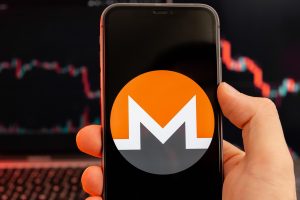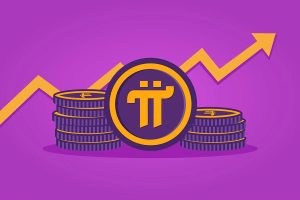Crypto lending firm Genesis to cease offering crypto trading

Genesis has been providing trading services through its international Genesis Global Capital (GGC) division.
Genesis allegedly owes its top 50 creditors $3.5 billion.
In August Genesis and DCG reached an “agreement in principle” permitting creditors to get the majority of their money.
Digital Currency Group (DCG) subsidiary and cryptocurrency loan company Genesis will no longer provide spot and futures trading for digital assets through its British Virgin Islands affiliate.
A Genesis spokeswoman said in a statement on September 14 that the company will “voluntarily and for business reasons” discontinue its trading services for digital assets across all of its subsidiaries. Genesis has been providing trading services through its international Genesis Global Capital (GGC) division in the British Virgin Islands.
The action comes after Genesis Global Trading (GGT), a company connected to DCG but not involved in the same bankruptcy proceedings as Genesis Global Capital (GGC), declared that it will stop providing cryptocurrency spot trading services.
In November 2022, GGC stopped withdrawals, citing “unprecedented market turmoil” before filing for bankruptcy in January 2023. According to reports from January, the company may have let go of up to 30% of its employees in order to market unregistered securities through Gemini’s Earn program.
Legal entanglements surrounding DCG subsidiaries
The last year has seen a lot of activity in the market due to the bankruptcy, legal, and regulatory entanglements between the different DCG subsidiaries and crypto businesses (DCG is also the parent company of Grayscale Investments).
Following the collapse of the cryptocurrency exchange FTX, Genesis announced losses and blamed Three Arrows Capital for its own downfall.
Genesis and DCG reached an “agreement in principle” in August, according to a statement from DCG, permitting creditors to get the majority of their money. Genesis lenders later labelled the agreement as “wholly insufficient” because the company apparently owes its top 50 creditors $3.5 billion.













